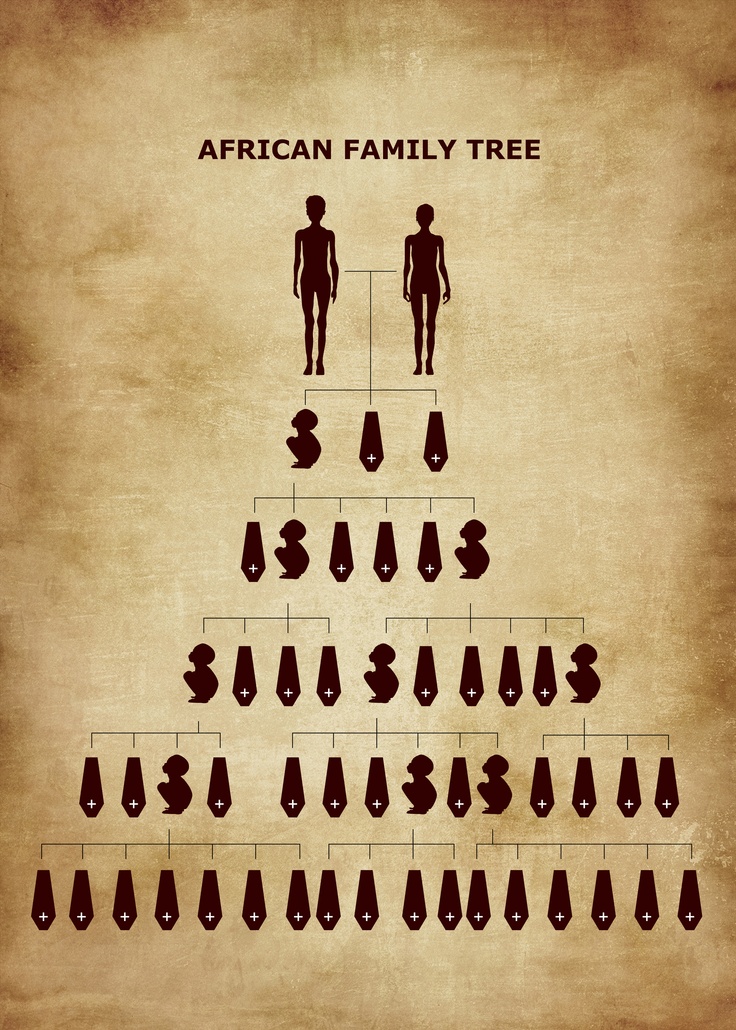THE WA'WA PEOPLE

T here is a subgroup of Igbos called Northern Igbos. They are Igbos that currently occupy Enugu state but also own many towns in parts of Anambra and Ebonyi States. They are called the 'waawa' people. They speak a dialect of Igbo language in which the word 'no' translates to 'waa'. This is an important part of their diction because when a waawa man says 'waa', that's it, no more negotiation can change their decision after that. Perhaps, this is the reason they are called that name "Waawa" or "Ndi Waawa" which means "The never people". The best delicacies of the waawa consist of food like peeled cassava, yam and steamed barbara bean pudding called okpa in the language. Ogene and Igba are the best music of the waawa. The most ferocious animal in the waawa is the leopard, it is called agu in the language. Many Waawa people bear Agu as their surname to denote power, agility, ferocity, skill and other features of the leopard....





